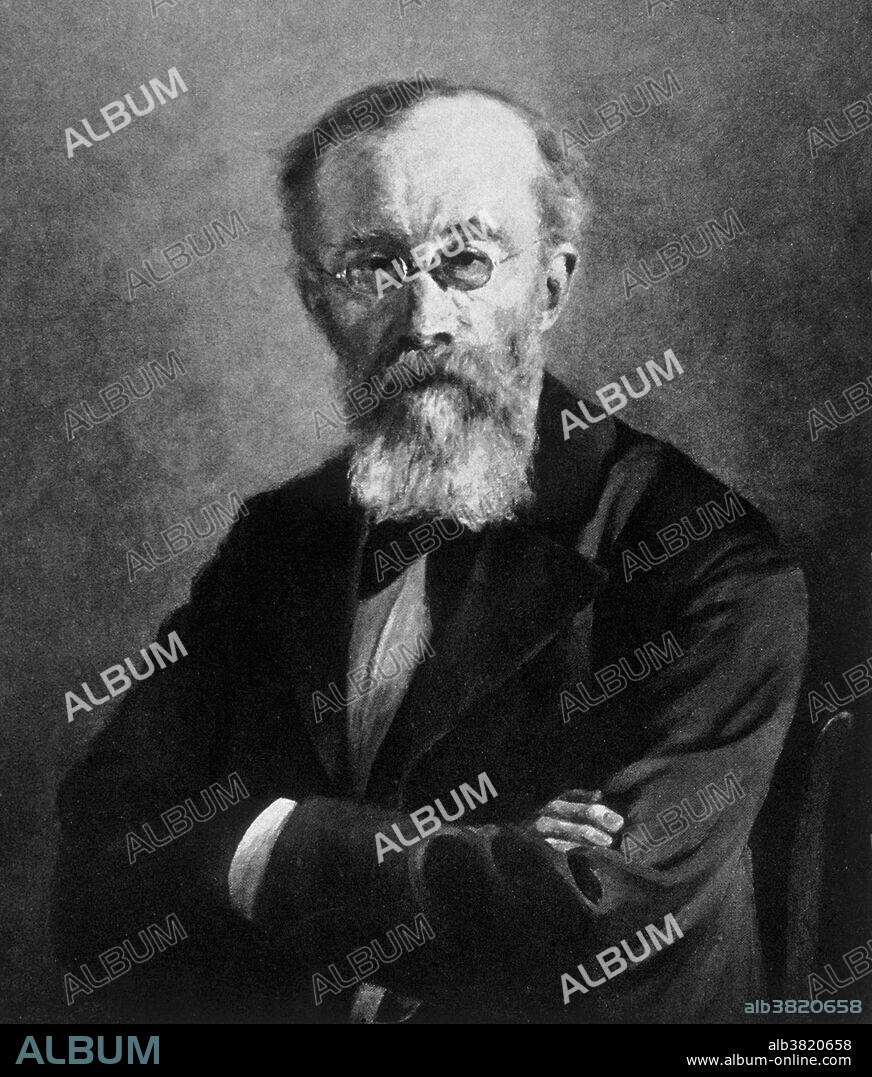alb3820658
Wilhelm Wundt, German Psychologist and Physiologist

|
Ajouter à une autre Lightbox |
|
Ajouter à une autre Lightbox |



Avez-vous déjà un compte? S'identifier
Vous n'avez pas de compte ? S'inscrire
Acheter cette image

Titre:
Wilhelm Wundt, German Psychologist and Physiologist
Légende:
Voir la traduction automatique
Wilhelm Maximilian Wundt (1832-1920) was a German physician, psychologist, physiologist, philosopher, and professor, known as the "father of experimental psychology". In 1874 he published Principles of Physiological Psychology, the first textbook written for the field of psychology. In 1879, Wundt founded the first formal laboratory for psychological research at the University of Leipzig where he was able to explore the nature of religious beliefs, identify mental disorders and abnormal behavior, and establishing psychology as a separate science from other topics. In 1886, in his book Ethics, Wundt formulated the expression heterogony of ends; the phenomenon of men serving different purposes than those their are consciously pursuing. He wrote on a variety of subjects including philosophy, physics, physiology and psycholinguistics. He died in 1920 at the age of 88. The asteroids 635 Vundtia and 11040 Wundt are named in his honor.
Crédit:
Album / NLM/Science Source
Autorisations:
Modèle: Non - Propriété: Non
Questions sur les droits?
Questions sur les droits?
Taille de l'image:
3000 x 3524 px | 30.2 MB
Taille d'impression:
25.4 x 29.8 cm | 10.0 x 11.7 in (300 dpi)
Mots clés:
ALLEMAND • ALLEMANDE • CÉLÈBRE • CELEBRITE • EDUCATEUR • EDUCATRICE • EUROPÉEN • HOMME • MEDICAL • PERSONNAGES • PERSONNALITÉS • PERSONNE • PHYSIOLOGIE • PORTAIT • PORTRAIT • POTRAIT • PSYCHOLOGIE • PSYCHOLOGUE
 Pinterest
Pinterest Twitter
Twitter Facebook
Facebook Copier le lien
Copier le lien Email
Email
